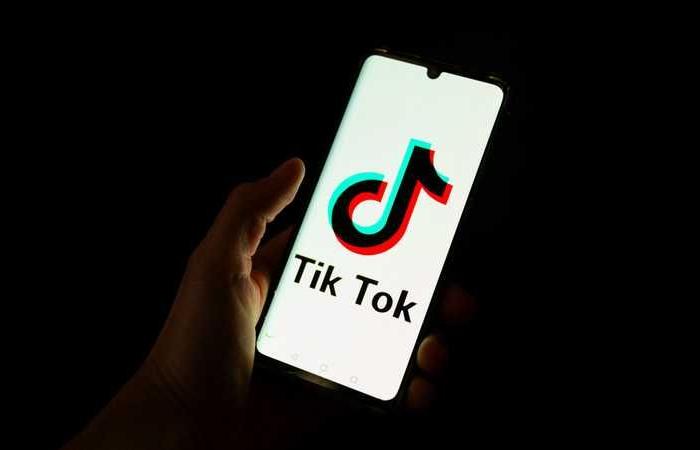This article was automatically translated from HIBAPRESS, the Arabic version:
Heba Press_Discount
Recently, videos of teachers presenting their lessons to their students to the rhythm of music, swaying and sometimes dancing have spread on social networks. These videos have become a rich topic of discussion and exchange of opinions between a strongly opposed group. and a group which approved it and declared that it was a measure which brings joy to the hearts of young people and encourages them to demand to hug the desks in an age of educational waste.
The phenomenon of broadcasting videos showing teachers dancing in front of their students has sparked concerns from groups interested in the field of education, warning of the transmission of infection and the chaos that has become known on the sites of social networks, invading the school. space, which is supposed to be protected by laws, memoranda and internal regulations which govern the activities of school life, by questioning: On the role of educational actors in this regard.
While other opinions consider that these “pedagogies foreign to our educational field in the era of globalization” contribute to involving young children in the creation of content at the risk of seeking glory and making money, this which, according to those who hold this view, requires intervention to protect the rights of children.
What does the ministry think?
Faced with the increasing diffusion of these videos, the debate has spread and infiltrated the councils, reaching the level of condemnation and warning about its repercussions, for fear of “dilution, even to the detriment of children”, especially since the blue space has been filled with such scenes of content creators, which have caused the State to intervene to organize penalties and impose taxes and fines are imposed on their owners to try to limit the growth of the phenomenon.
At the same time, observers of educational affairs have been surprised by the absence of the role of the ministry, which is the guardian of the sector, in cases where female teachers appear dancing and interacting educationally in classrooms in front of their students, of their willingness to demonstrate their dedication to work, without any control from the institution or ministry concerned. Owners say This review?
Another review and review…
The phenomenon itself was highly appreciated by its supporters, who considered it a healthy phenomenon that would reconcile the child with his school and his educational environment, and make him love the idea of attachment to his school and to his school. in the schooling rate, and at the same time contributes to reducing the phenomenon of school dropouts, provided that the representation of these activities is protected by the content of the laws and notes which frame it to protect the educational space with all its components and protect it. in light of the emergence of many advantages and disadvantages. Technology..
Actors, analysts and experts have a different opinion…
Many actors and analysts believe that such scenes must be framed by values, morals and principles that take into account the symbolic status of the educator, who must be governed by the ABC of sober and balanced educational action. , warning of its repercussions which can profoundly affect the reference position that it is supposed to adopt. The child recipient in his relationship with the transmitter of the message, who is necessarily supposed to have a pure formation, freed from fame. Devoted to triviality.
Another opinion favored the idea because, according to him, it aims to strengthen the educational bonds between the nanny and the child, but this relationship should not evolve to the point of defamation, but rather should remain confined to the classroom. class and teaching. the institution that accepts it, or it can sometimes reach the family so that they remain the owner. The opinion and the decision concern above all the logic of publication or not on social media sites, emphasizing that the legislator was clear when guaranteeing childhood. human rights, with a legal arsenal that criminalizes the exploitation of minor children. Photograph them and violate their rights, in particular by publishing the photos without the consent of their families.






